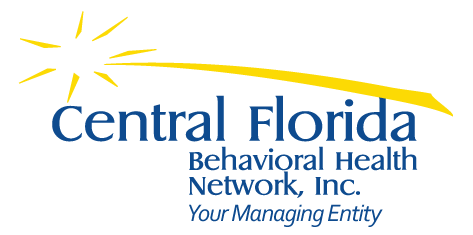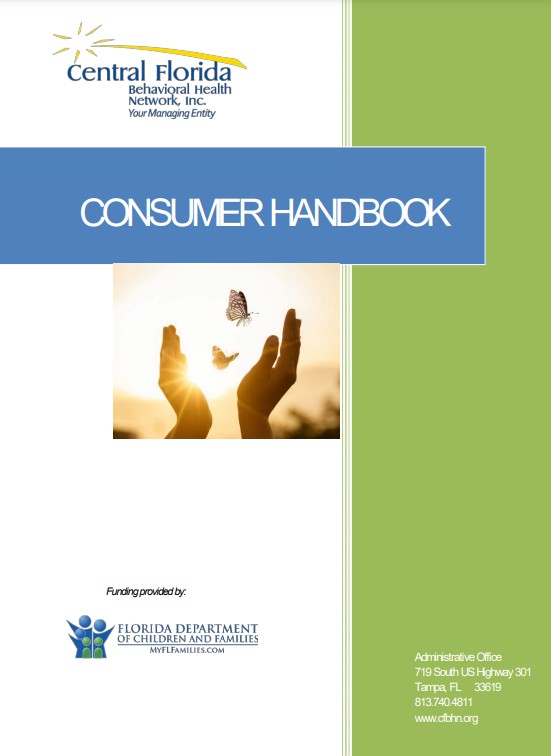Hope4SunCoast
Mental health includes our emotional, psychological, and social well-being. It affects how we think, feel, and act, and helps determine how we handle stress, relate to others, and make choices.
Mental health is important at every stage of life, from childhood and adolescence through adulthood. Over the course of your life, if you experience mental health problems, your thinking, mood, and behavior could be affected.
Fact: Mental health issues can affect anyone. In 2020, about:
- One in 5 American adults experienced a mental health condition in a given year.
- One in 6 young people have experienced a major depressive episode.
- One in 20 Americans have lived with a serious mental illness, such as schizophrenia, bipolar disorder, or major depression.
Additionally, suicide is a leading cause of death in the United States. In fact, it was the second leading cause of death for people ages 10-24. Suicide has accounted for the loss of more than 45,979 American lives in 2020, nearly double the number of lives lost to homicide.
Do you think someone you know may have a mental health problem? Talking about mental health can be difficult. Learn about common mental health myths and facts and read about ways to help you get the conversation started.
Mental Health Myths and Facts | SAMHSA
Early Warning Signs & Symptoms
Not sure if you or someone you know is living with mental health problems? Experiencing one or more of the following feelings or behaviors can be an early warning sign of a problem:
- Eating or sleeping too much or too little.
- Pulling away from people and usual activities.
- Having low or no energy.
- Feeling numb or like nothing matters.
- Having unexplained aches and pains.
- Feeling helpless or hopeless.
- Smoking, drinking, or using drugs more than usual.
- Feeling unusually confused, forgetful, on edge, angry, upset, worried, or scared.
- Yelling or fighting with family and friends.
- Experiencing severe mood swings that cause problems in relationships.
- Having persistent thoughts and memories you can’t get out of your head.
- Hearing voices or believing things that are not true.
- Thinking of harming yourself or others.
- Inability to perform daily tasks like taking care of your kids or getting to work or school.
Tips for Living Well with a Mental Health Condition
Having a mental health condition can make it a struggle to work, keep up with school, stick to a regular schedule, have healthy relationships, socialize, maintain hygiene, and more.
However, with early and consistent treatment—often a combination of medication and psychotherapy—it is possible to manage these conditions, overcome challenges, and lead a meaningful, productive life.
Today, there are new tools, evidence-based treatments, and social support systems that help people feel better and pursue their goals. Some of these tips, tools and strategies include:
- Stick to a treatment plan. Even if you feel better, don’t stop going to therapy or taking medication without a doctor’s guidance. Work with a doctor to safely adjust doses or medication if needed to continue a treatment plan.
- Keep your primary care physician updated. Primary care physicians are an important part of long-term management, even if you also see a psychiatrist.
- Learn about the condition. Being educated can help you stick to your treatment plan. Education can also help your loved ones be more supportive and compassionate.
- Practice good self-care. Control stress with activities such as meditation or tai-chi; eat healthy and exercise; and get enough sleep.
- Reach out to family and friends.Maintaining relationships with others is important. In times of crisis or rough spells, reach out to them for support and help.
- Develop coping skills.Establishing healthy coping skills can help people deal with stress easier.
- Get enough sleep.Good sleep improves your brain performance, mood and overall health. Consistently poor sleep is associated with anxiety, depression, and other mental health condition
Addiction is not a lack of willpower. Drug addiction is a chronic disease where people compulsively seek and use drugs despite harmful consequences.
Repeated drug use has proven to cause changes in the brain, making it increasingly difficult to resist intense cravings. These changes can persist, which is why addiction is considered a “relapsing” disease—people may return to drug use even after long periods of sobriety.
Relapse is common, but doesn’t mean treatment failed. And relapse does not have to be a part of someone’s journey. Everyone’s experience will be unique.
3 Key factors that increase one’s risk of developing an addiction
- Biology: Genetics account for about half of a person’s risk. Other contributing factors include gender, ethnicity, and mental health.
- Environment: Family, friends, economic conditions, and life experiences, such as peer pressure, abuse, or early exposure to drugs, can influence addiction risk.
- Development: Drug use during key stages of life, especially adolescence, increases risk for developing an addiction.
Addiction can be managed. However, like other chronic diseases, ongoing treatment, adherence to a sober lifestyle, and ample community support is often needed for the best outcomes.
Combining medications with behavioral therapy is the most effective approach. There is not one path that is superior than another in finding one’s way through recovery. And because people are all unique and individual, treatment must be tailored to the individual’s needs and updated as they change.

